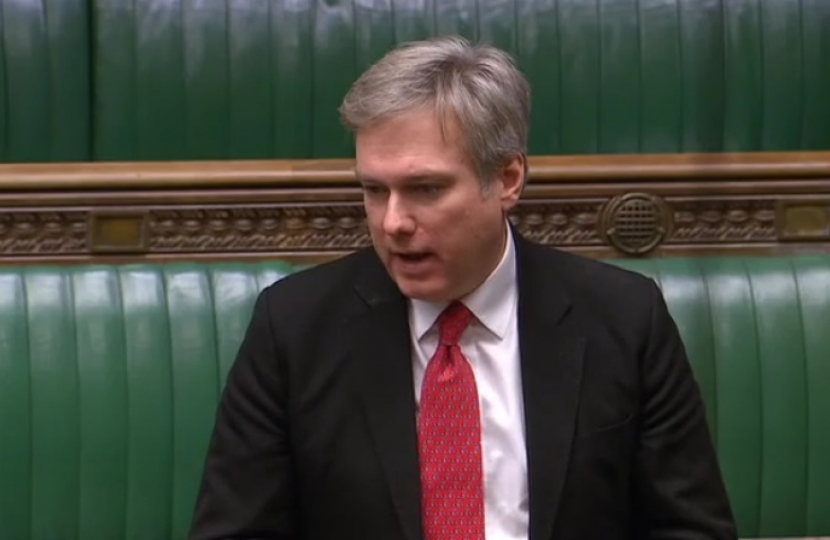
Keeping our communities safe is one of the most important tasks for any government.
One of the ways this is undertaken is to ensure support for our police. At the last General Election I was elected on a manifesto to enhance backing for our police officers and this is what I continue to pursue on a local and national level.
Last month Sussex was awarded £1.5 million of new funding from the Government’s Safer Streets Fund; a £50 million package of support to go towards police forces, councils, and community groups to provide extra CCTV and streetlighting, protect women and girls, and tackle neighbourhood crime.
I am grateful for the work of our Sussex Police & Crime Commissioner, Katy Bourne, for her leadership of the two successful funding applications.
These include a range of innovative solutions to tackle anti-social behaviour, with both bids being successful thanks to the effective demonstration of need in areas throughout Sussex and appropriate response to dealing with these issues.
The focus of the bids was to provide dedicated resources to tackle anti-social behaviour and violence, particularly against women and girls.
The bids combine a range of different initiatives, some throughout Sussex and others targeted at local areas in our county.
Crawley will see a programme of work around a safe space in the town and work with the retail sector to discourage anti-social behaviour. Other Crawley initiatives outlined in the bid include a Street Pastor programme and a taxi marshal scheme.
Crucial to keeping people safe is an enhanced and visible police presence on our streets. I stood on a manifesto to get 20,000 more officers onto the streets and work on this commitment is ongoing, with the Government on course to hit this figure in March of next year.
The latest statistics show that more than 260 police officers have been recruited in Sussex since the Government’s recruitment drive started in 2019.
Nationally, more than 13,700 extra officers are supporting this crackdown on crime.
This is in addition to the Beating Crime Plan which is aimed at reducing crime, protecting victims, and making the country safer. The Plan will see investments in school-based interventions methods, increased tagging to reduce repeat and substance-fuelled offences, and ensures that offenders give back to their communities through unpaid work.
The Police, Crime, Sentencing & Courts Act also gives police the resources they need to crack down on crime, including additional powers to tackle disruptive protests, increased sentences for the most dangerous offenders, and additional protections for women and girls.
The importance of this work is a cause I look forward to reiterating with the new Prime Minister when they take office next week.
Henry Smith MP


